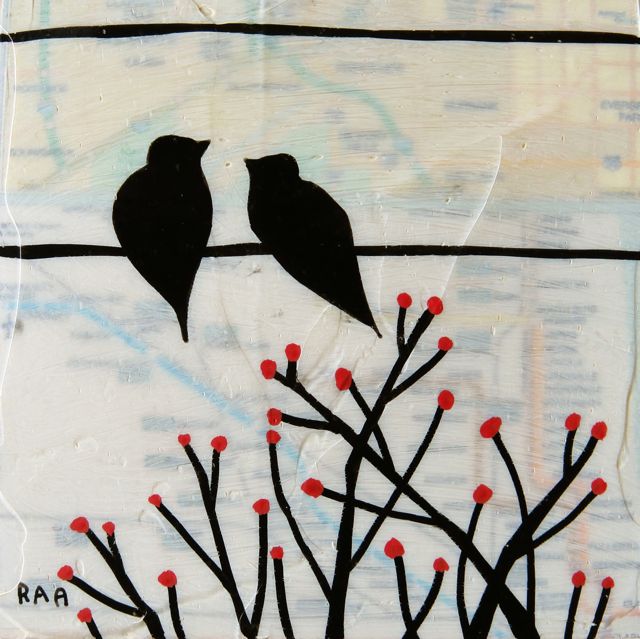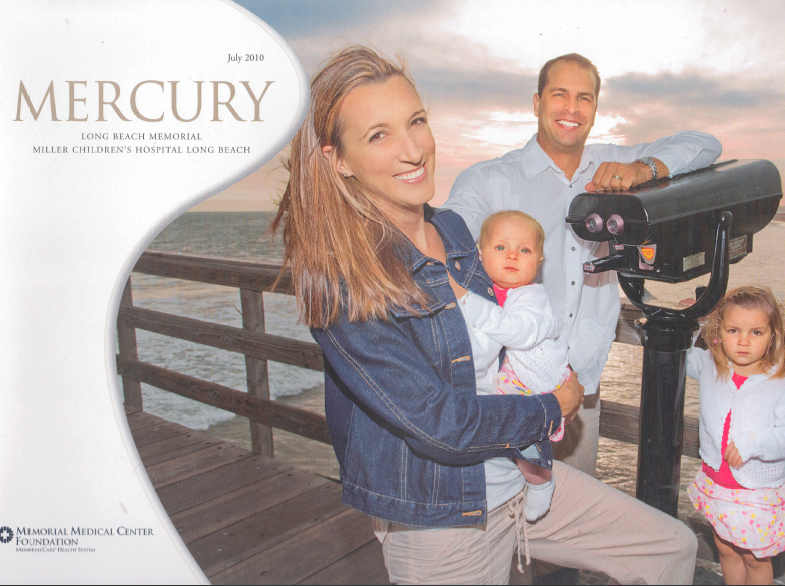
Principles of Cancer Support: Improving Quality of Life and Survival Rates for Cancer Patients and others who suffer from chronic illness and pain.
I am a Seattle Psychologist specially trained in a scientifically supported brief therapeutic program specifically designed to support cancer patients and their caregivers, but which also works well with other serious illnesses, including chronic pain, chronic fatigue syndrome, and multiple sclerosis.
The program is based on the pioneering work of the late Dr. O. Carl Simonton, author of the best selling volume on Mind Body Medicine, Getting Well Again. Since Dr. Simonton’s pioneering work, Mind-Body support for cancer patients has been validated in numerous rigorous clinical trials and shown to increase not only quality of life, but also long term survival rates.
My mentor in this work, Dr. Mariusz Wirga, M.D., is the former medical director of the Simonton Center and is currently the Medical Director of Psychosocial Oncology at Long Beach Memorial Hospital in Southern California.
The principles of our approach to working with Cancer Patients and others facing serious, chronic conditions include:
1. We are physical, emotional and spiritual beings, and all of these aspects need to be addressed in the broad context of healing. Traditional medicine only concentrates on the physical aspect of our humanity in one particular way. This way is valuable, but it is not perfect or complete.
2. Our work is meant to foster greater harmony and balance among these different aspects of our human experience, including traditional medical treatments of the body. As interdependent beings, we hold the intention that any benefit we realize will ripple forth and touch not only those close to us, but our communities, our culture, and the Universe as a whole.
3. We are all moving naturally in the direction of health and wholeness. Cancer does not change that fact. The truth is, our bodies have been identifying and eliminating cancer cells in our bodies since before we were born. Our work is to harmonize and amplify what is already naturally present in order to optimize our treatment.
4. One way to powerfully amplify our natural tendency toward health and healing is to attend to our emotions, attitudes and beliefs. We know our emotions influence health and healing. We also know that our attitudes and beliefs powerfully shape our emotions–thus also powerfully shaping the way we heal. We can influence our beliefs and attitudes–about cancer, illness, treatment, even death–with skills which can be easily learned by anyone, and practiced, both alone and in supportive relationships.
5. Practicing these skills frees our energy for healing and for living in the here and now. We do not need to wait to feel better. We can feel better right now. This becomes a self-reinforcing cycle. As we practice, we feel better. As we feel better, we practice more.
Our groups and retreats support these five tenets by addressing the following broad areas of interest:
* Strengthening vitality, joy and healthy hope;
* Helping caregivers face their unique challenges in balancing support with self-care;
* Reducing stress and negative emotions–converting fear into peace of mind;
* Advancing capacity for relaxation, mindfulness, imagery and unconditioned awareness;
* Empowering trust and the wisdom of life;
* Managing Symptoms like fatigue, pain, nausea, etc;
* Balancing activities of life including nutrition, exercise, play and purpose;
* Improving communication skills and enlarging quality support systems.
Learn more about this history of this program and how it works for cancer patients as my mentor, Dr. Mariusz Wirga developed and currently runs it. Click on the image below to download a recent article:
I do this work in groups, in retreat or intensive settings, and individually in private sessions. Please call 206-801-3214 or e-mail me for more information about this innovative cancer support program.
And stay tuned for scheduled events in the Pacific Northwest and Southern California.
